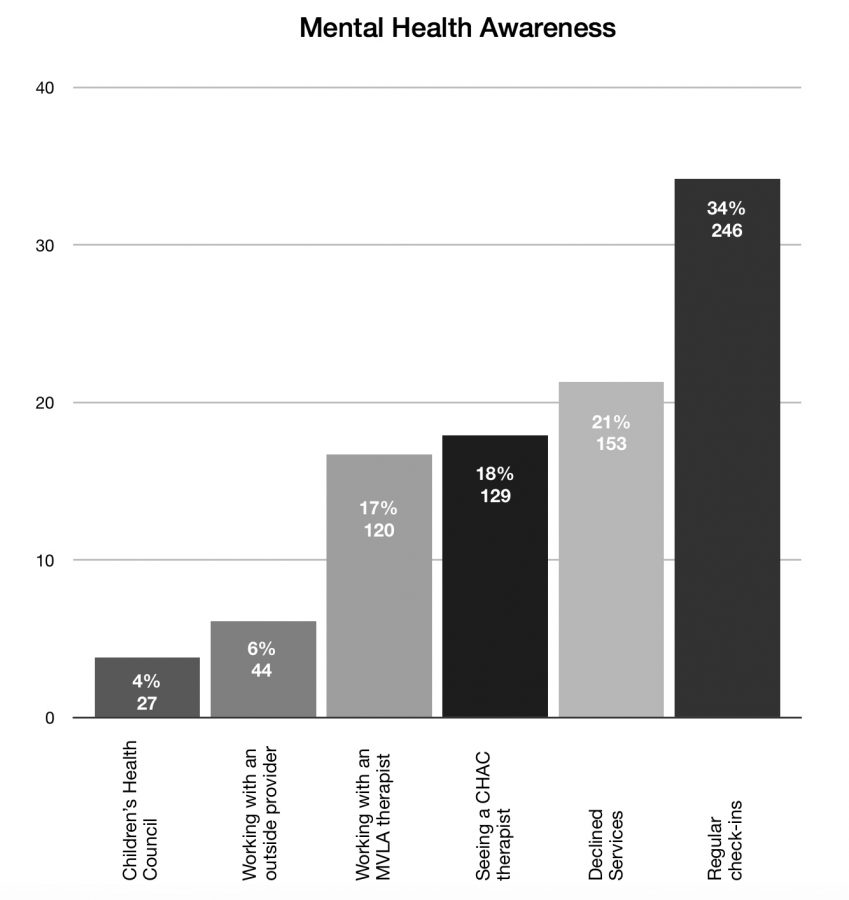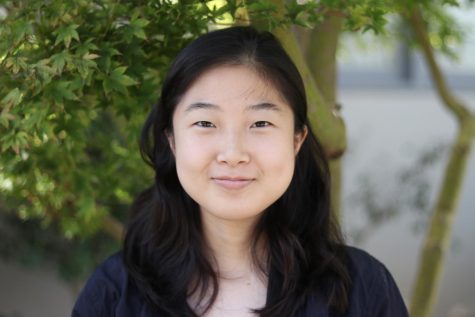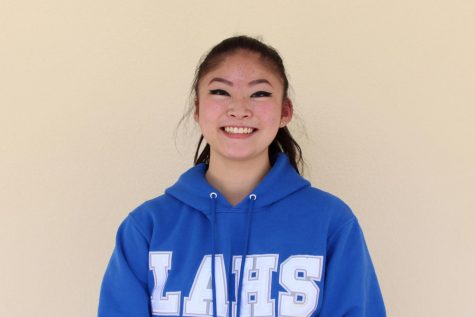Mental Health, Wellness Resources On Campus Expand
In the past two years, referrals have increased as the student population grows and stigma decreases.
The numbers of students using Los Altos’ mental health services from August 14, 2017, to March 16 are shown above, data by Clinical Services Coordinator Susan Flatmo. After implementing the referral process two years ago, the district’s clinical services team has noticed a significant increase in referrals. Max Weirauch.
April 24, 2018
In the past two years, the number of referrals of students to the counseling department has increased from 425 students in 2014-2015 to 810 students in 2016-2017. The MVLA clinical services team believes it’s due to an increase in student population and a decrease in the stigma surrounding mental health in the student population.
“There’s been a shift,” Clinical Services Coordinator Susan Flatmo said. “There used to be an ominous, serious quality of conversation that went with suicide prevention and now the conversation is about wellness, and it’s a much richer, exciting conversation.”
To decrease stigma, Los Altos took measures in the past five years toward improving student wellness and strengthening their counseling resources. The referral process was streamlined two years ago to become more accessible — and the number of referrals since that effort has increased steadily since.
After the 2012-2013 WASC report revealed high levels of stress among students, the Stress and Wellness team was formed to focus on the well-being of students and staff. The team passed the homework policy, held a “13 Reasons Why” forum and interviewed Student Community Leaders (SCL) about sources of school stress such as the use of Google Classroom.
The suicide clusters in Palo Alto high schools at the end of 2014 prompted Principal Wynne Satterwhite told Flatmo and the school psychologist that they needed to increase the resources Los Altos had to take care of students. Now, four licensed therapists, two Community Health Awareness Council (CHAC) interns, one employee from the Children’s Health Council and a Stanford psychiatric fellow offer services during school hours. Additionally, CHAC provides the option of outside counseling if needed by the student.
The counseling resources are designed to serve students for short-term periods — two to three months. Students focus on learning particular skills like coping and problem solving in those months, but around 100 students at Los Altos regularly check in with on-campus therapists over longer periods of time.
To help students gain easier access to these new resources, Los Altos implemented a referral process that allows concerned peers and teachers to anonymously refer students. While some teachers prefer to maintain this anonymity while referring students, some choose to talk to the students they wish to refer and fill out the form together.
SCL was formed in 2017 to provide students with more leadership opportunities focused on wellness. The class has a focus on increasing compassion and community amongst the student body through activities such as Wellness Week, Bathroom Breaks and Friendsgiving Grams.
The MVLA district’s journey with mental health programs is continually being modified to suit the changing needs of the community. The enactment of the referral process has allowed students to actively seek out mental health resources.
To address the growing population, next school year, Student Services Coordinator Kristin Castillo and Flatmo hope to implement more mental health-related talks during tutorials. Additionally, the Facilities Master Plan passed by the MVLA School Board January 22, 2018, contains plans for a wellness center with the purpose of being a space to consolidate mental health resources on campus and provide students with a different space than classrooms to spend their free periods and breaks.
The Stress and Wellness team is making plans to implement Google Classroom guidelines after listening to student input from SCL. These changes include restricting the hours teachers can post assignments to reduce student stress. Castillo and Flatmo also wish to decrease the stigma surrounding mental health in the MVLA parent community through incorporating wellness into conversations about the Parent Speaker Series.





